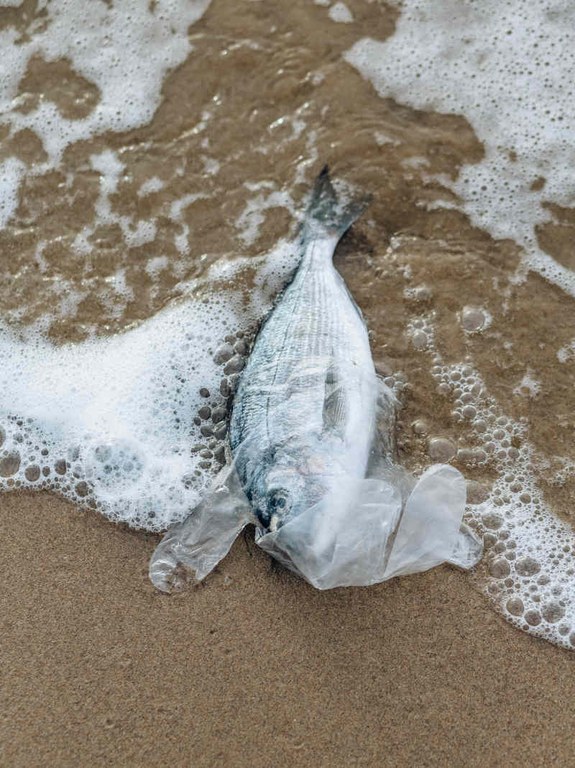MULTIPLE RED FLAG
Two reports supported by the UNEP/MAP-Barcelona Convention System provided new insights on the extent of impact from the pollution, climate change and biodiversity loss, observed in the Mediterranean.
Indeed, the State of the Environment and Development (SoED) report, produced by Plan Bleu, a UNEP/MAP Regional Activity Centre based in France, revealed that the Mediterranean is not on track to achieving the Sustainable Development Goals (SDGs) by 2030, and warns that biodiversity loss, the growing impact of climate change and unrelenting pressure on ecosystems from economic sectors can lead to irreversible environmental damage in the basin, while the first Mediterranean Assessment Report (MAR 1) produced by MedECC, an independent science network that the UNEP/MAP-Barcelona Convention system supports, highlighted on “Climate and Environmental Change – Current Situation and Risks for the Future”, pointing in this way on very important impacts affecting both natural and socio-economic systems in a basin that is warming 20 per cent faster than the global average. 
Both reports have raised multiple red flags on biodiversity in the Mediterranean, in particular the rapid extinction of Posidonia oceanica meadows, a Mediterranean-endemic marine vegetation species, that is one of the most eloquent symptoms of the unfolding crisis of biodiversity loss in the basin. Indeed, according to the IPCC, around 70 per cent of habitat loss of Posidonia oceanica is projected by 2050 with a potential for functional extinction by 2100.
The set of information provided by the both Reports confirms the urgent necessity of green renaissance in the Mediterranean, which would recognize and address the root causes of this triple crisis due to pollution, biodiversity loss and climate change.
The recovery from the pandemic implies a mobilization of resources and investment decisions at all levels but also offers the opportunity of a compliant implementation to the Barcelona Convention and its Protocols. This would enable a much-needed acceleration of biodiversity conservation efforts, especially under the Specially Protected Areas and Biological Diversity (SPA/BD) Protocol.

